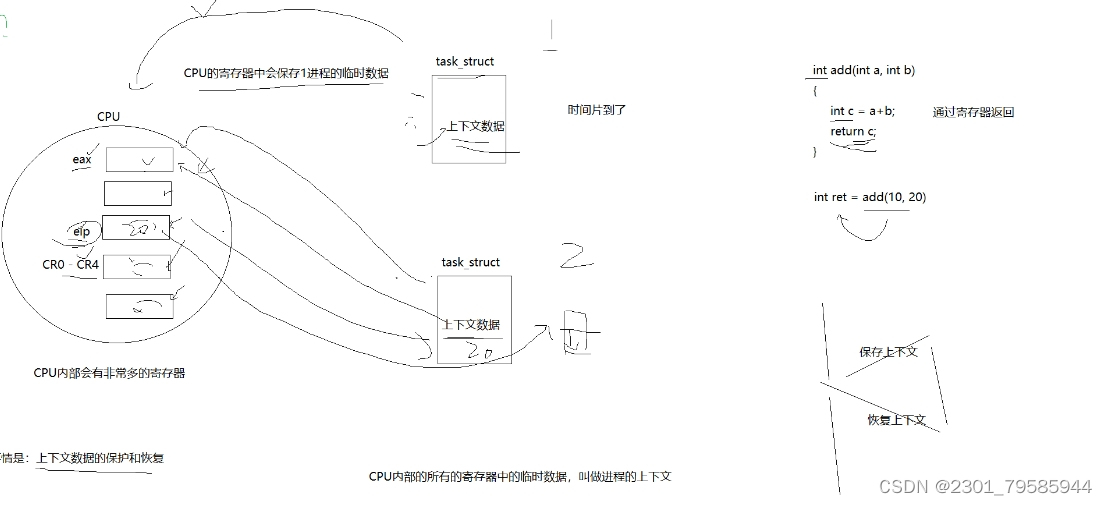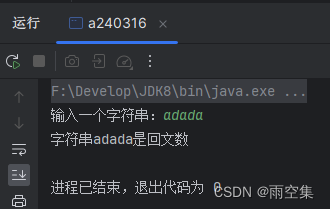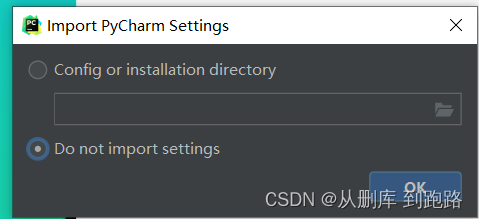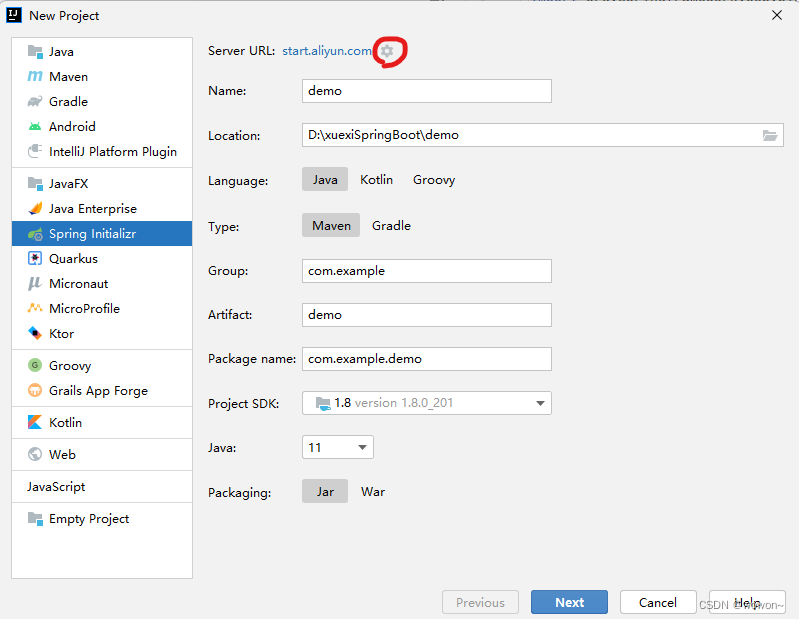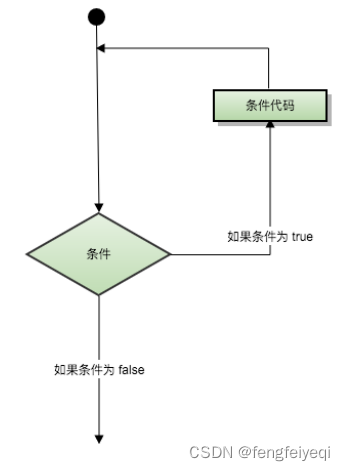一、文件IO的概述
1、什么是文件?
Linux下一切皆文件。普通文件、目录文件、管道文件、套接字文件、链接文件、字符设备文件、块设备文件。
2、什么是IO?
input output:输入输出
3、什么是文件IO?
对文件的输入输出,把数据写入文件/从文件中读取数据
系统IO:系统调用的IO接口。(open、close、read、write、lseek、mmap、munmap)
标准IO:基于标准C库的IO接口
二、系统IO函数的应用
Linux下的man手册的使用:man man
第一节:查可执行程序:man 1 ls
第二节:查系统调用的函数:man 2 open
第三节:查库调用的函数:man 3 printf
- open 打开文件
#include <sys/types.h> #include <sys/stat.h> #include <fcntl.h>
int open(const char *pathname, int flags); int open(const char *pathname, int flags, mode_t mode); 返回值类型:int
返回值:
打开文件成功,返回一个新的文件描述符,>=0(相当于人的身份证号)
打开文件失败,返回-1
形参:
pathname:要打开的文件的路径名
flags:打卡文件的方式
O_RDONLY 只读
O_WRONLY 只写
O_RDWR 可读可写
以上三种方式互斥
O_APPEND:以追加方式打开文件。
O_CREAT:如果要打开的文件不存在,系统就创建该文件并打开。
O_TRUNC:如果要打开的文件中已有数据,那就打开文件并清除已有的数据。
mode:用于指定新建文件的权限,用八进制表示。
- close 关闭文件函数
#include <unistd.h> int close(int fd); 返回值类型:int
返回值:
关闭文件成功,返回0
关闭文件失败,返回-1
形参
fd:要关闭的文件的文件描述符
练习:编写代码,实现在共享目录中,打开1.txt文件,并打印出文件描述符,再关闭文件。
#include <sys/types.h>
#include <sys/stat.h>
#include <fcntl.h>
#include <unistd.h>
#include <stdio.h>int main()
{//打开文件int fd1;fd1 = open("./1.txt",O_RDWR);if(fd1 == -1){printf("open 1.txt failed!\n");return -1;}printf("fd1 = %d\n",fd1);close(fd1);return 0;
}/*
fd1 = 3;
文件描述符是从3开始的,为什么会这样?不是说文件描述符>=0?
其实系统会默认打开三个标准流控,0,1,2就会被占用
0 ---> 标准输入 stdin
1 ---> 标准输出 stdout
2 ---> 标准错误 stderr
所以当我们自己用open函数打开文件时,文件描述符是从3开始的
*/
- lseek 偏移文件指针
#include <sys/types.h>#include <unistd.h>off_t lseek(int fd, off_t offset, int whence); 返回值类型:off_t (整形)
返回值:
偏移成功,返回偏移字节数
偏移失败,返回-1
形参一:fd 文件描述符
形参二:偏移量
形参三:偏移位置
SEEK_SET 从头位置开始偏移
SEEK_CUR 从当前位置开始偏移
SEEK_END 从末尾位置开始偏移
练习2:编写代码,实现在1.txt文件中写入"hello world",再从该文件中读取5个字节数据,并打印出来。
#include <sys/types.h>
#include <sys/stat.h>
#include <fcntl.h>
#include <unistd.h>
#include <stdio.h>int main(void)
{//1.打开文件int fd = open("./1.txt", O_RDWR|O_CREAT);if (fd == -1){printf("open 1.txt failed!\n");return -1;}//2.写入数据char wr_buf[15] = "hello world";write(fd, wr_buf, 11); //3.读取数据char rd_buf[15] = {0};lseek(fd, 0, SEEK_SET);read(fd, rd_buf,5);printf("%s\n", rd_buf);//4.关闭文件close(fd);return 0;
}作业:实现一个简单文件拷贝功能,将文件1的数据拷贝到文件2,如果文件2不存在则创建,如果文件2中已有数据则清除。
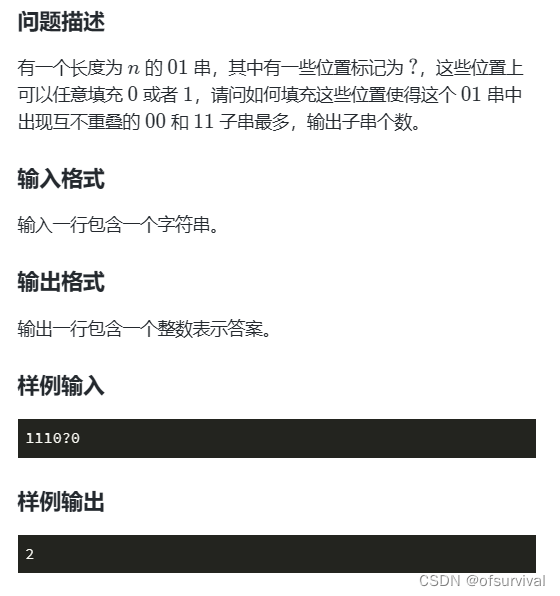


![[游戏开发][UE5.3]GAS学习心得](https://img-blog.csdnimg.cn/direct/28b8a8018bc940eb807831998a6e15dc.png)
